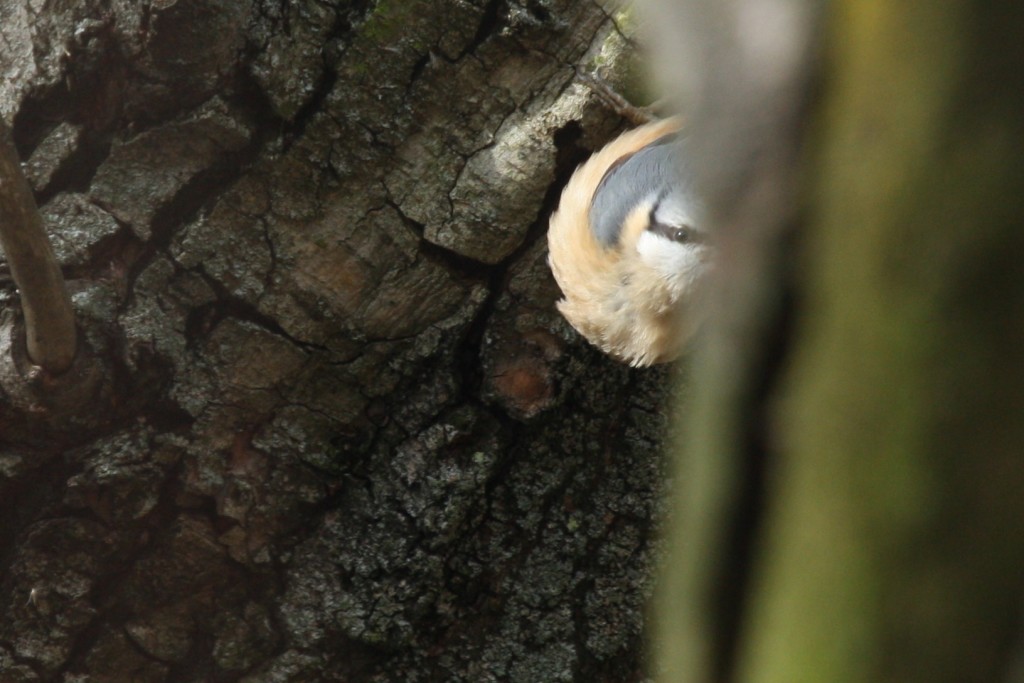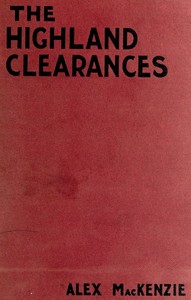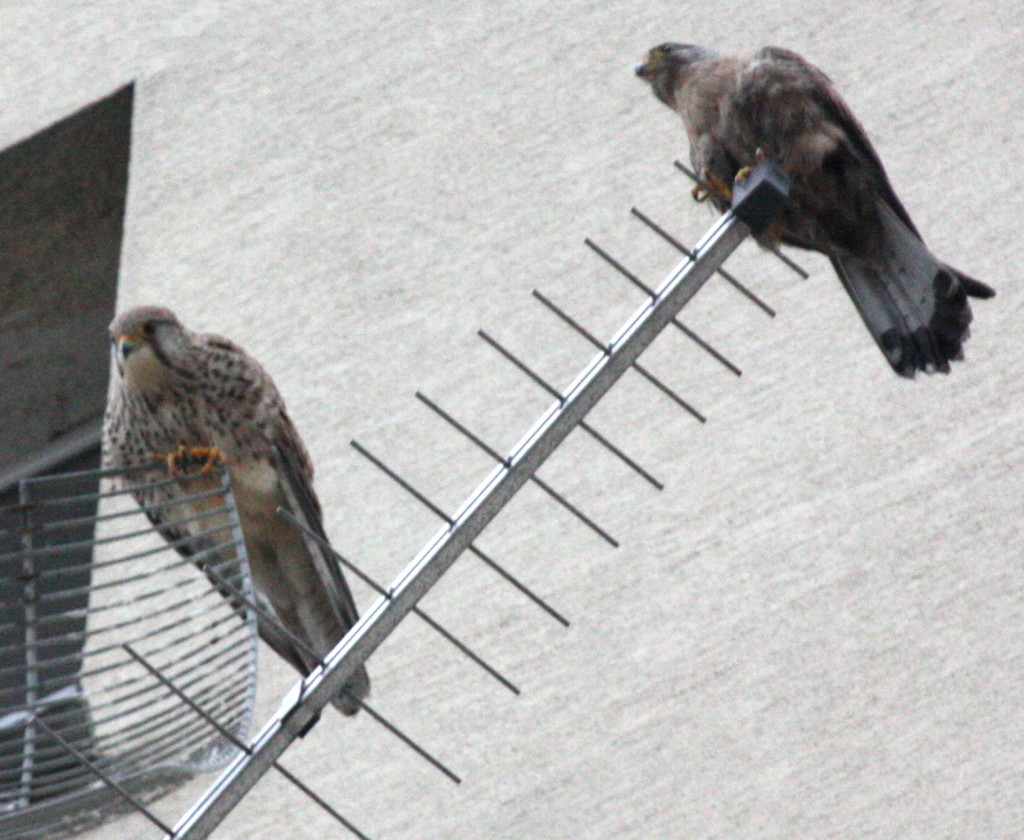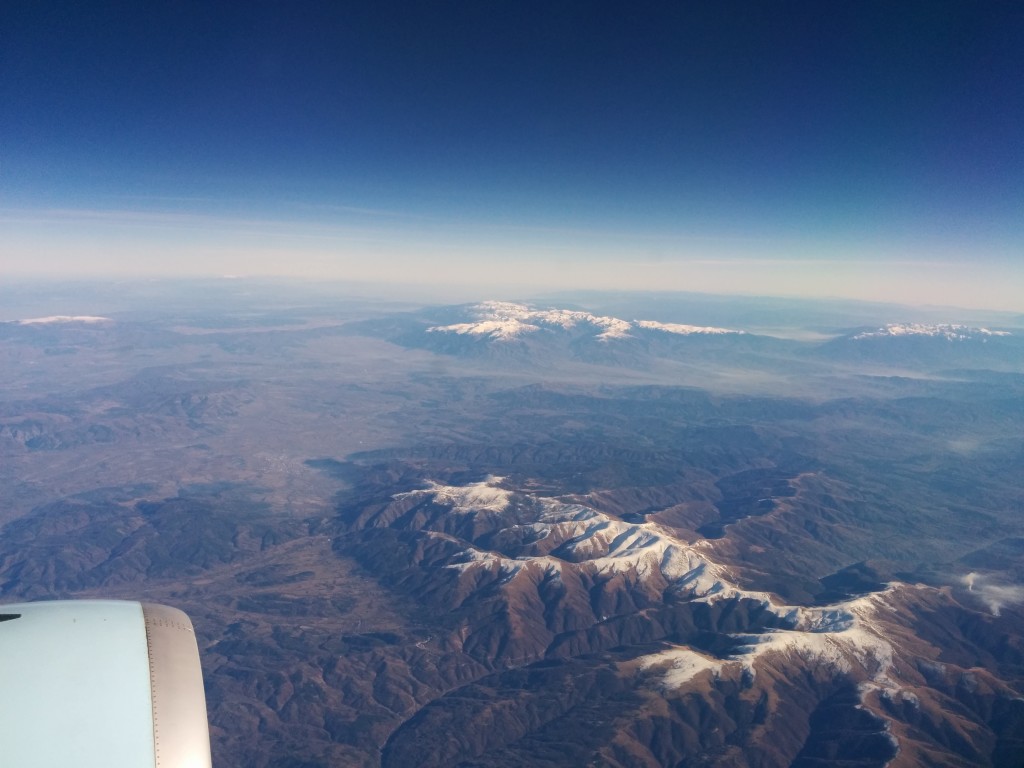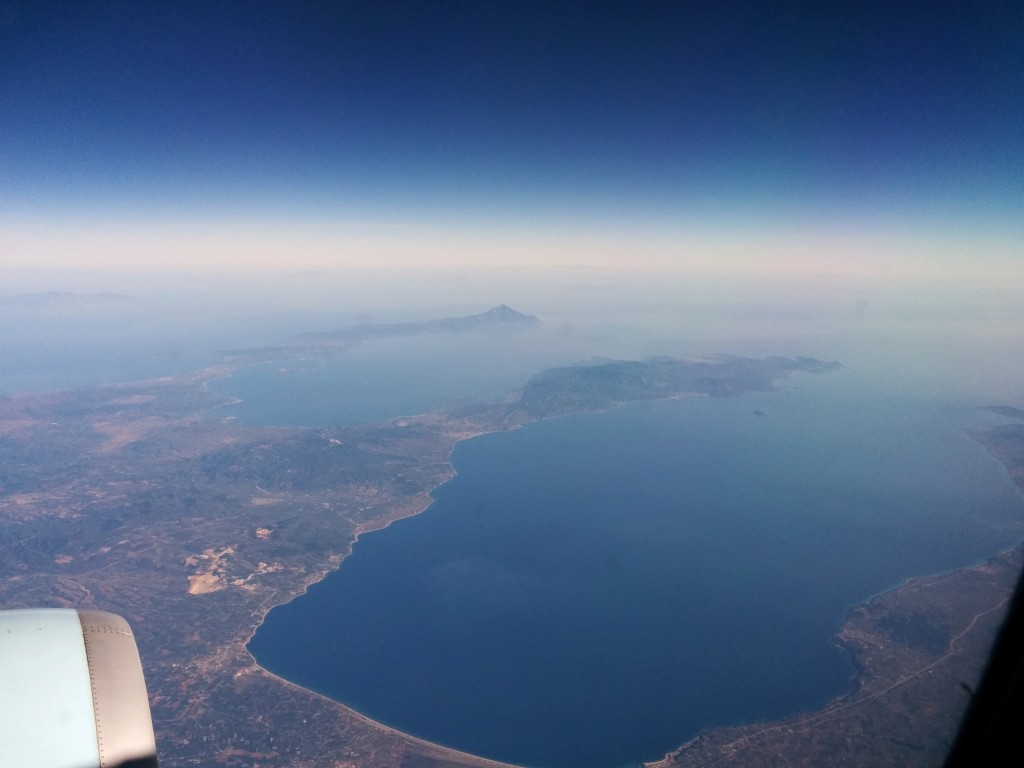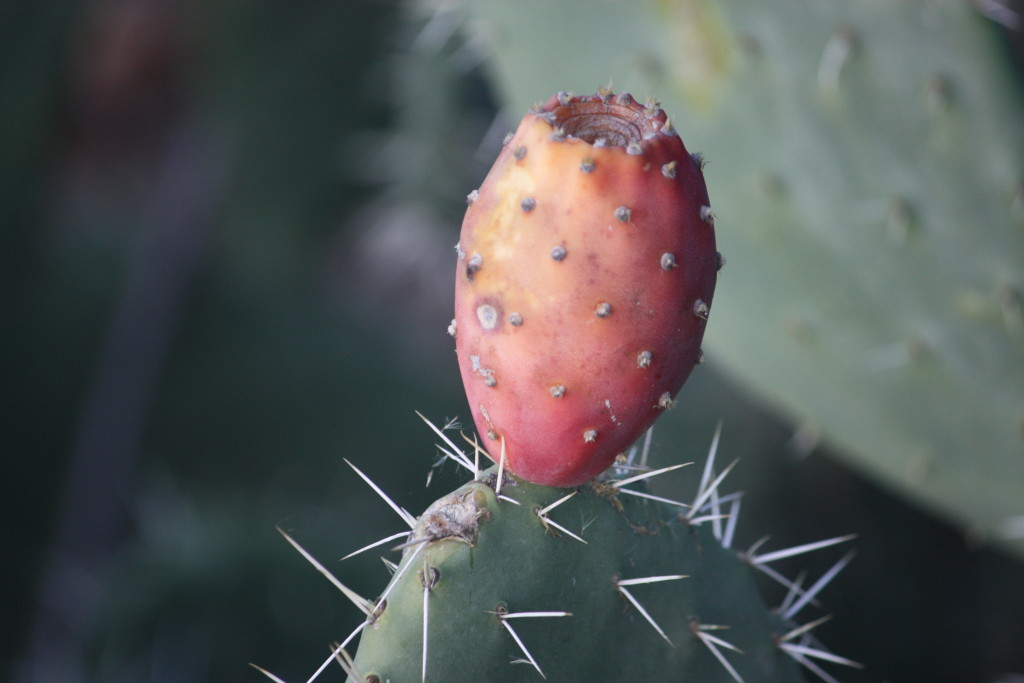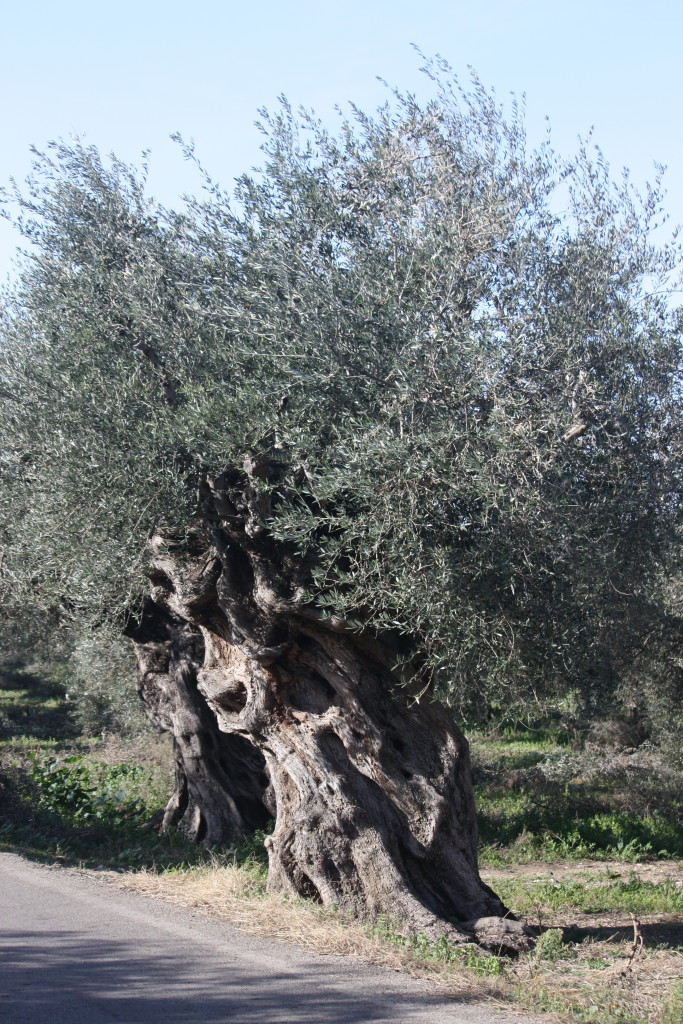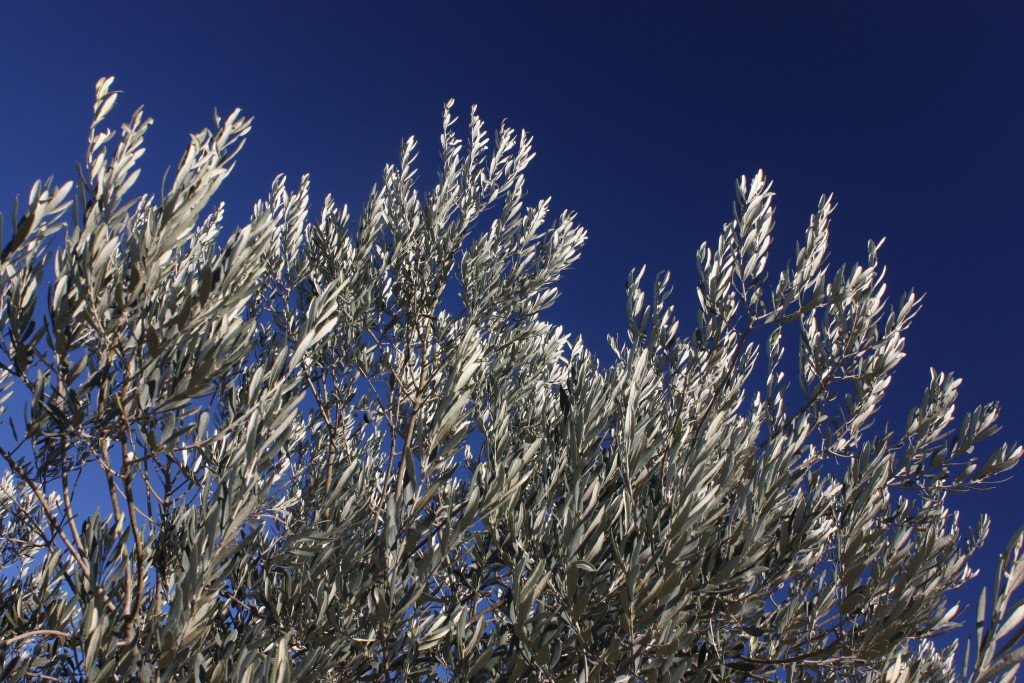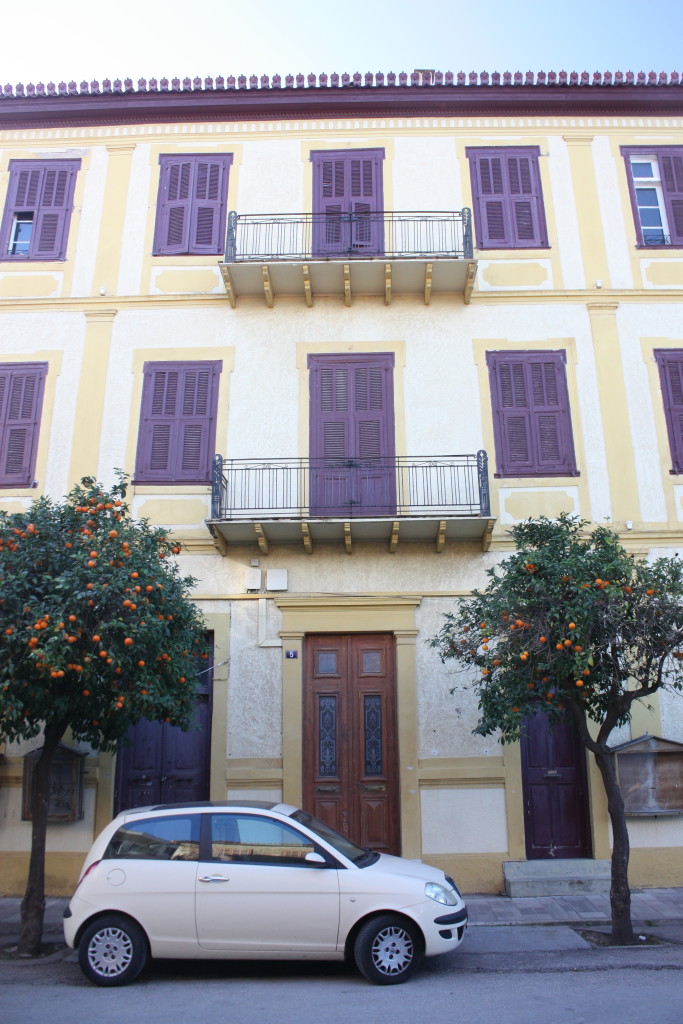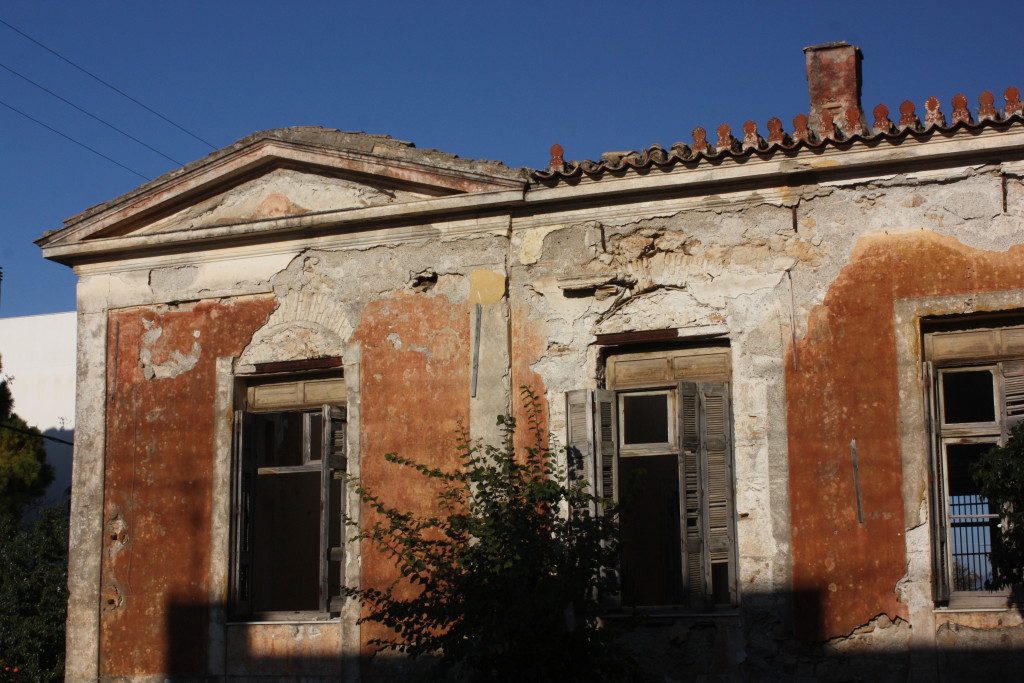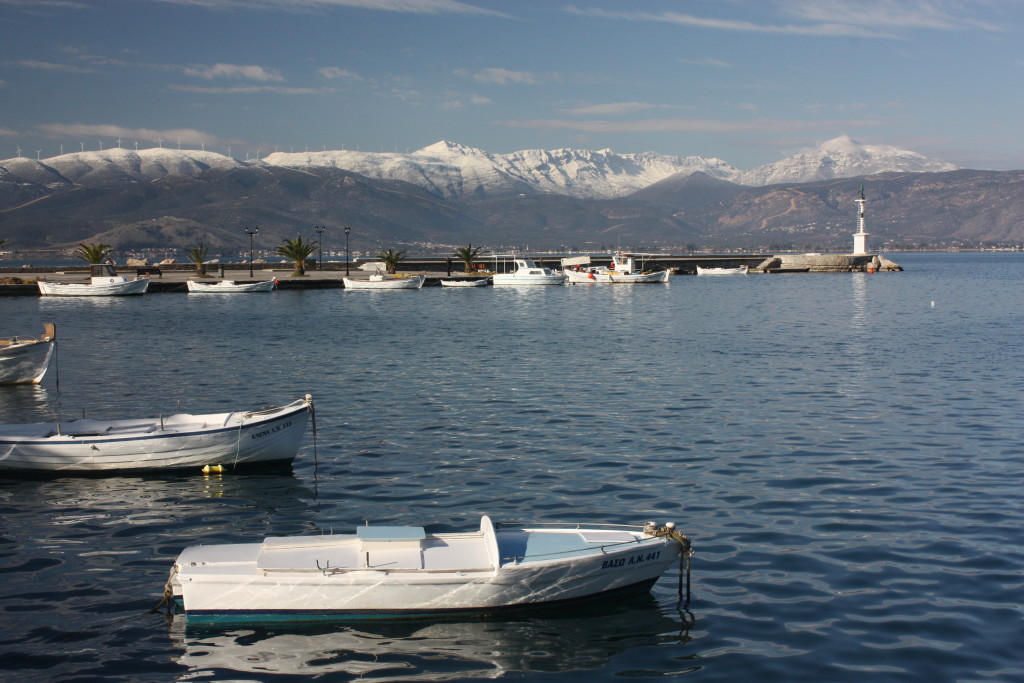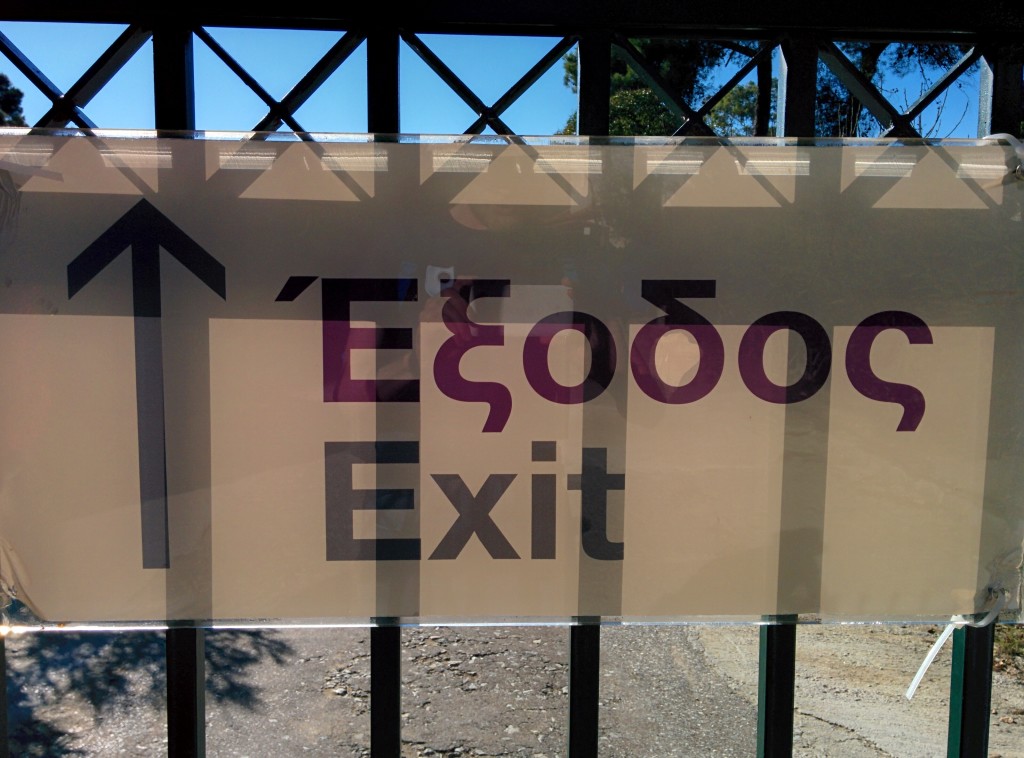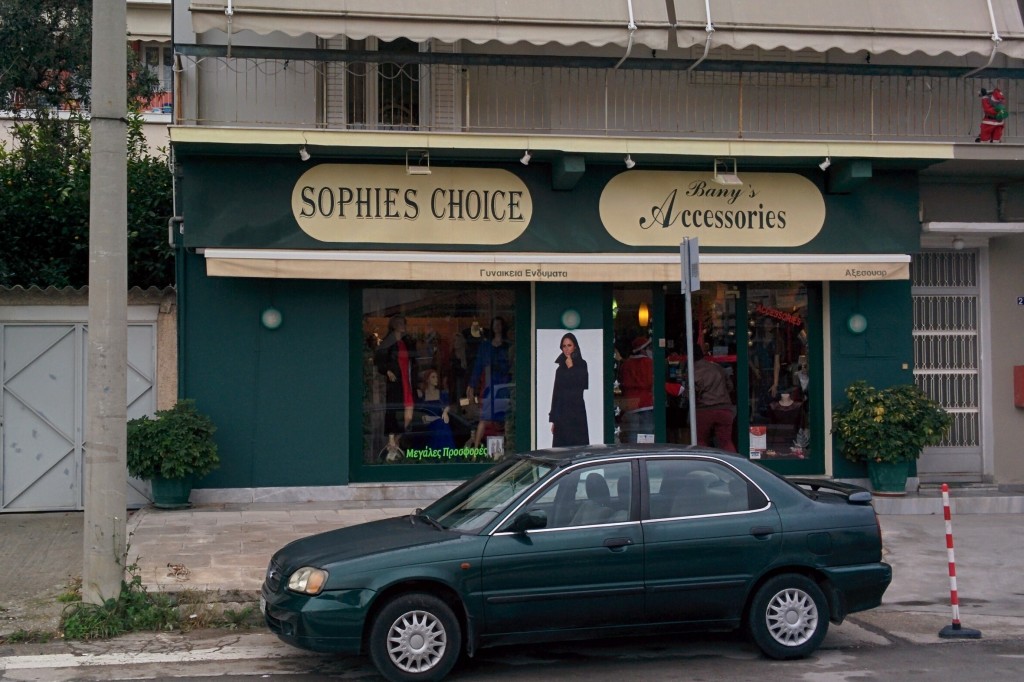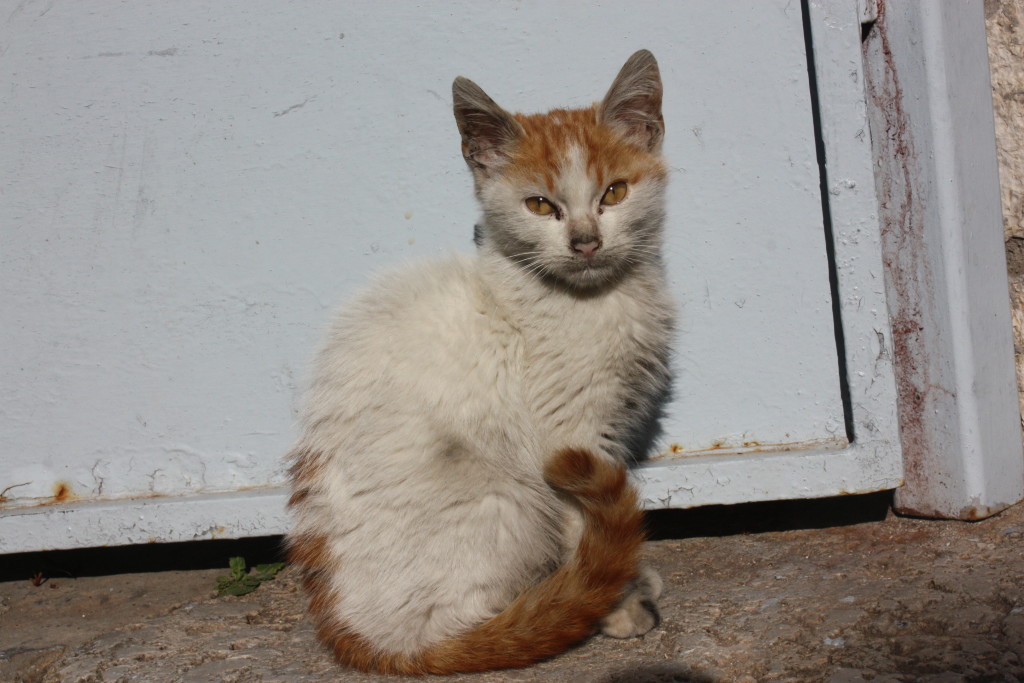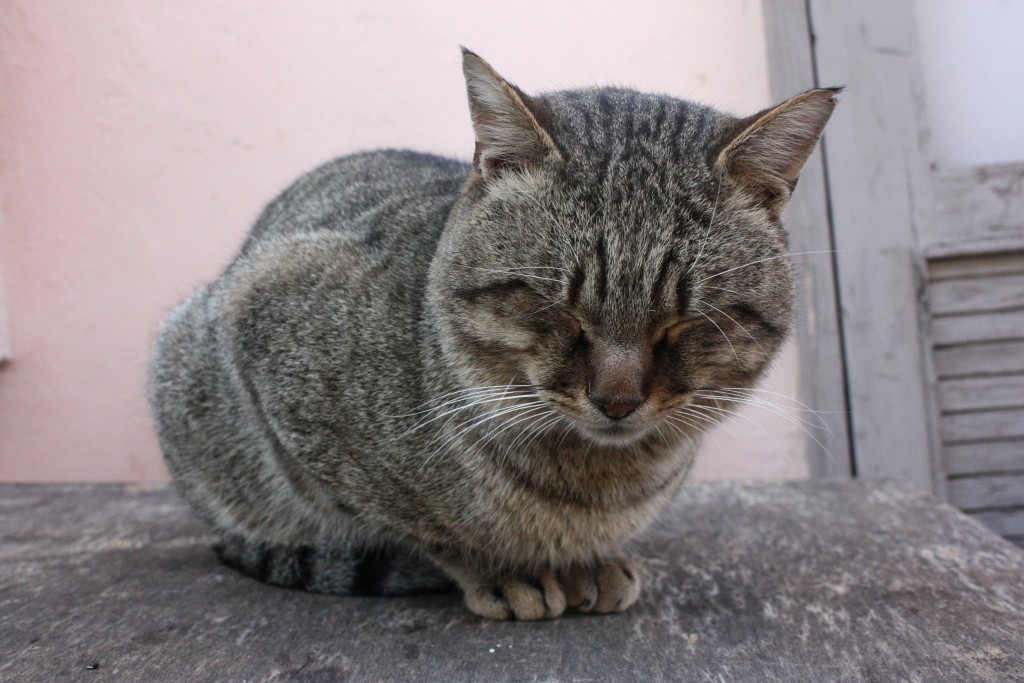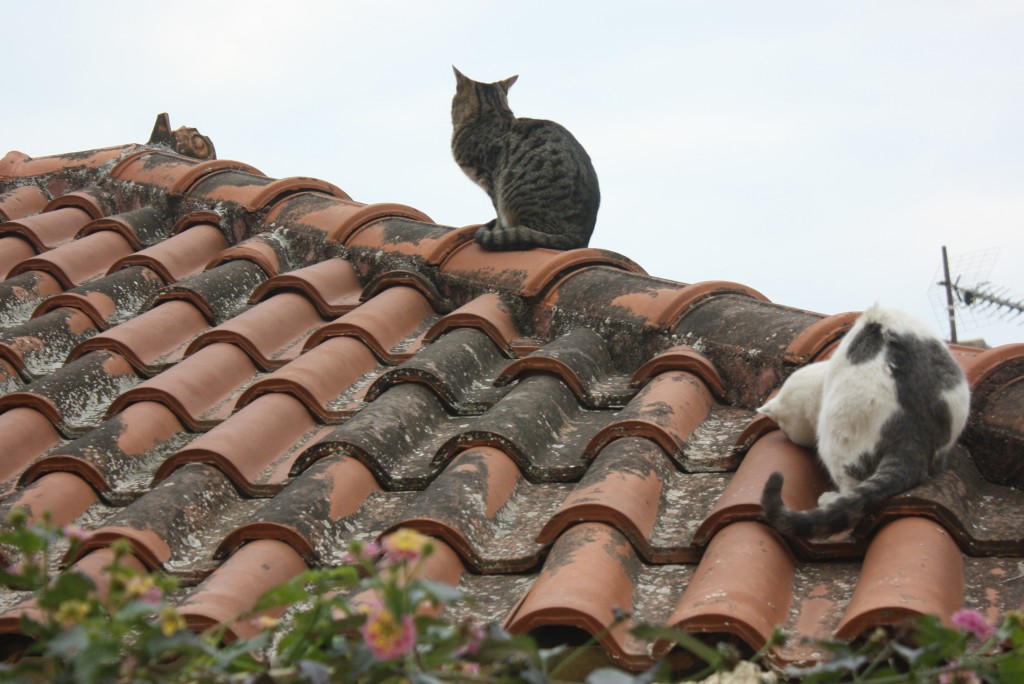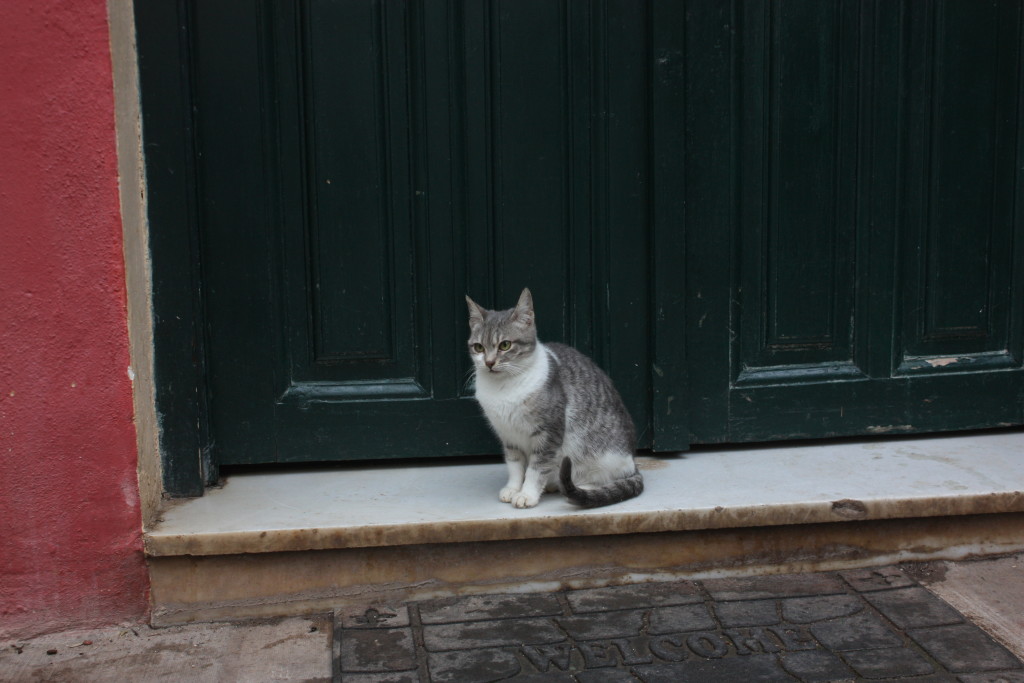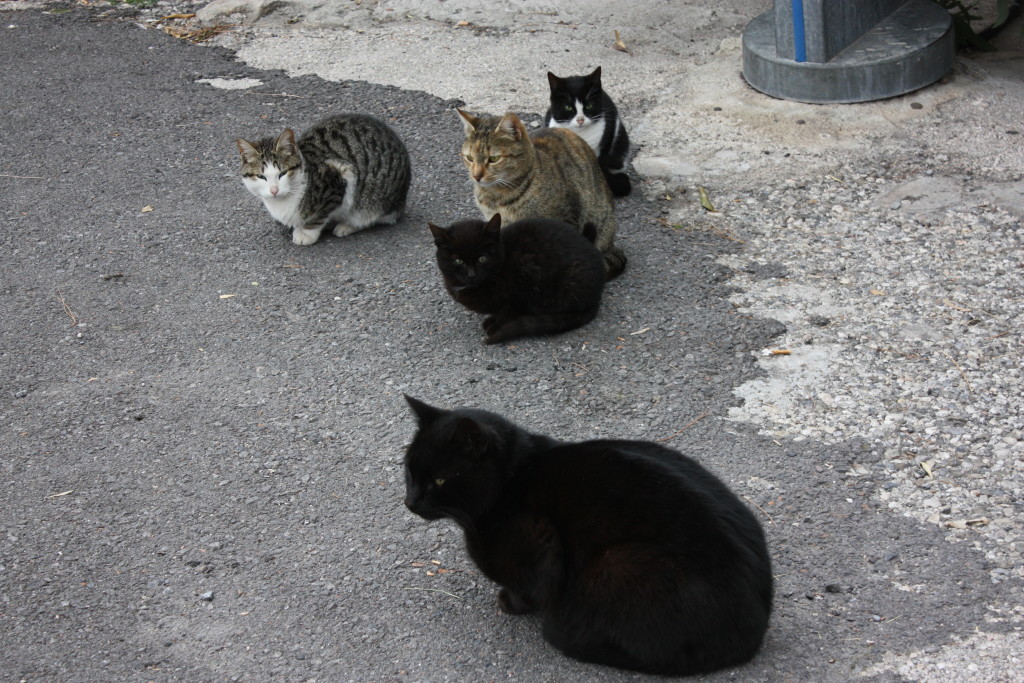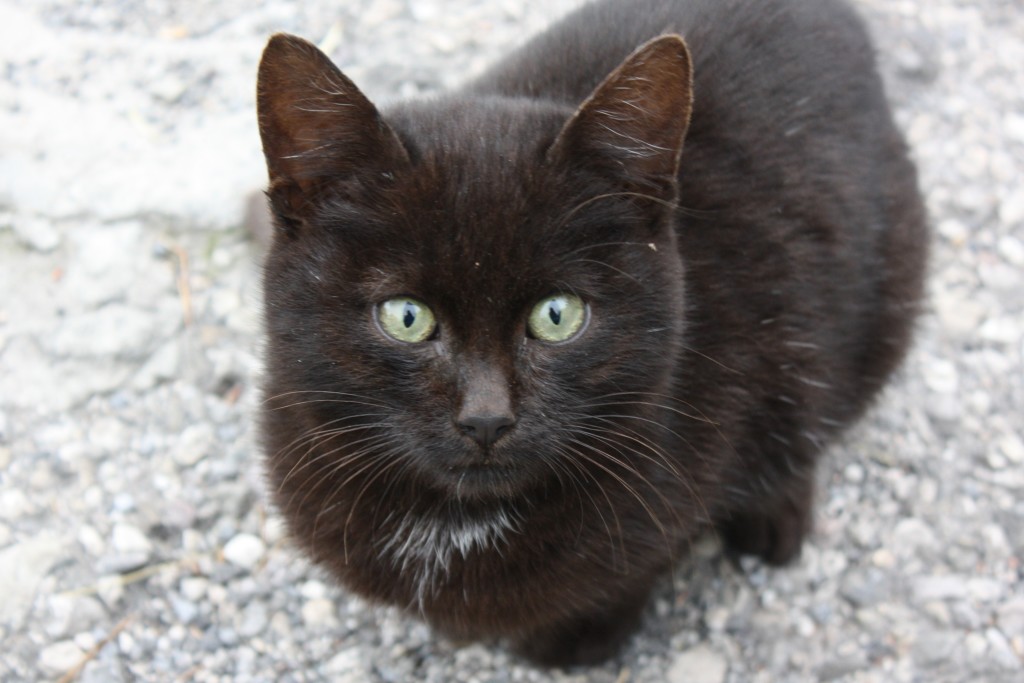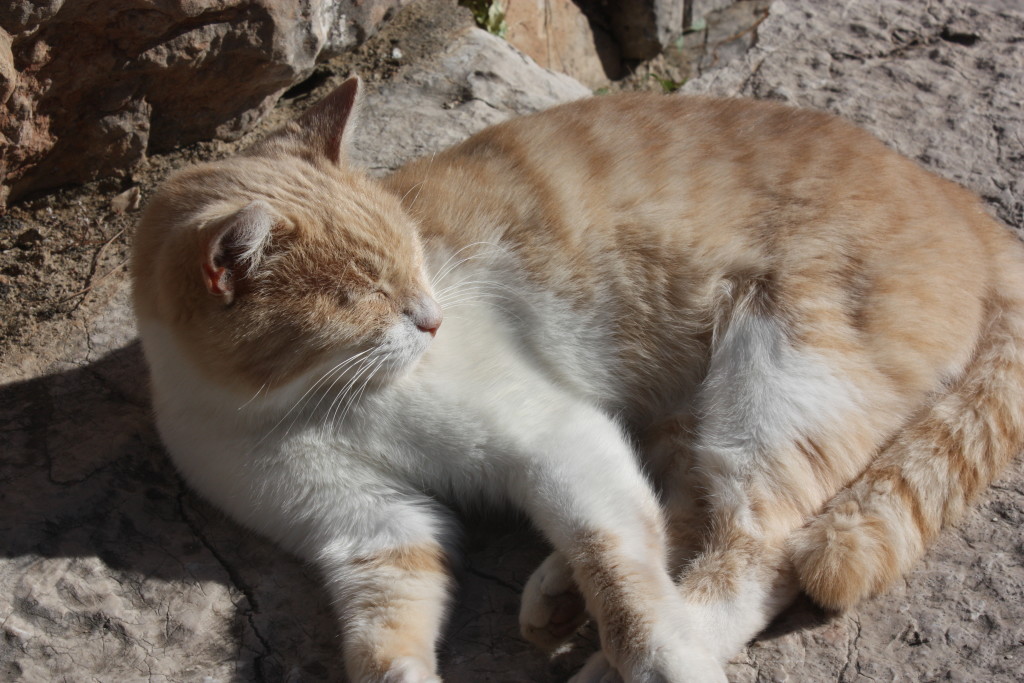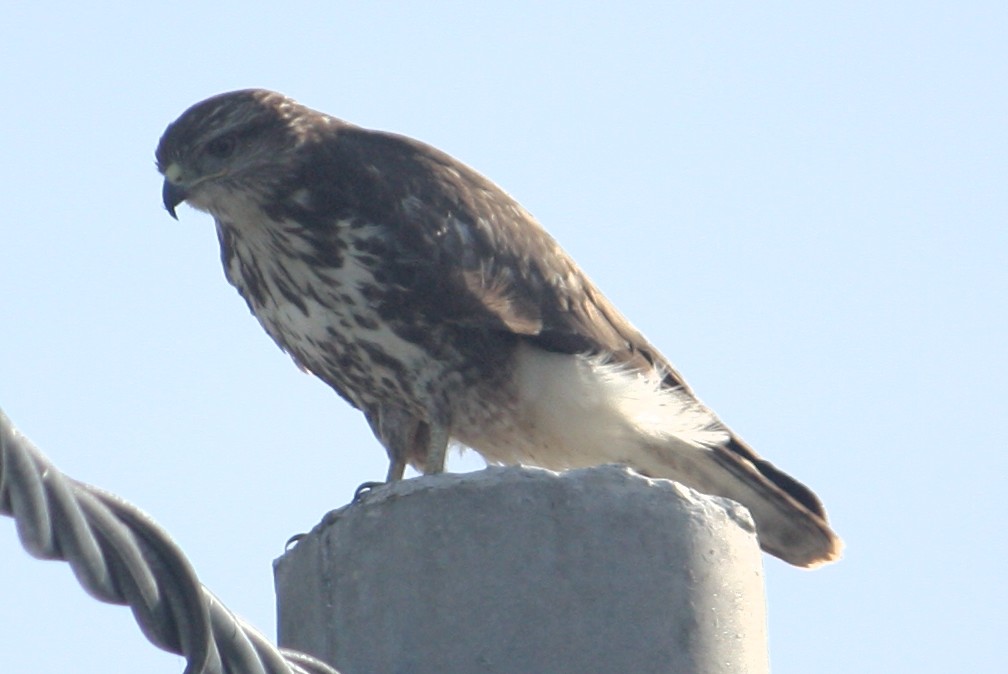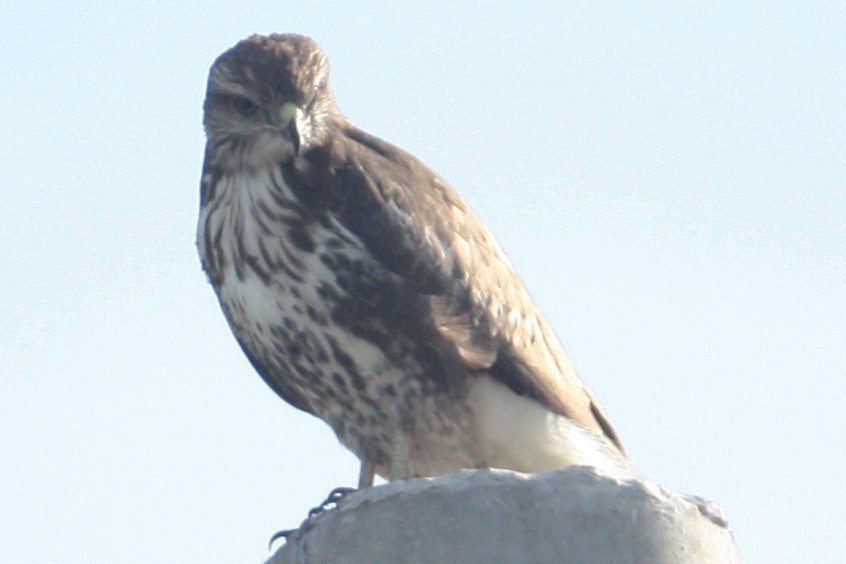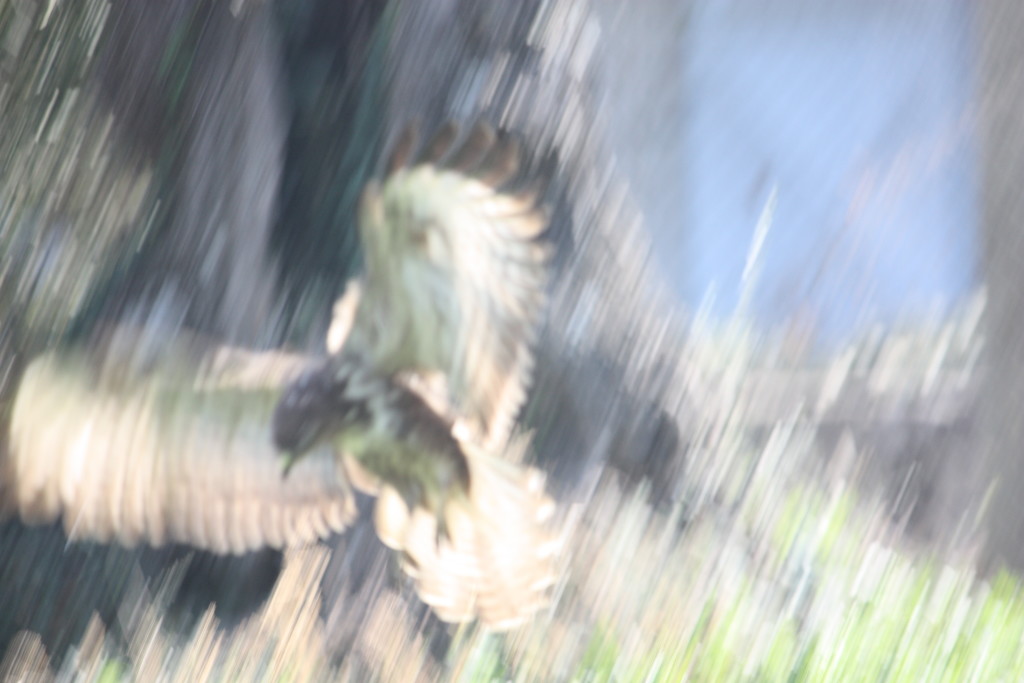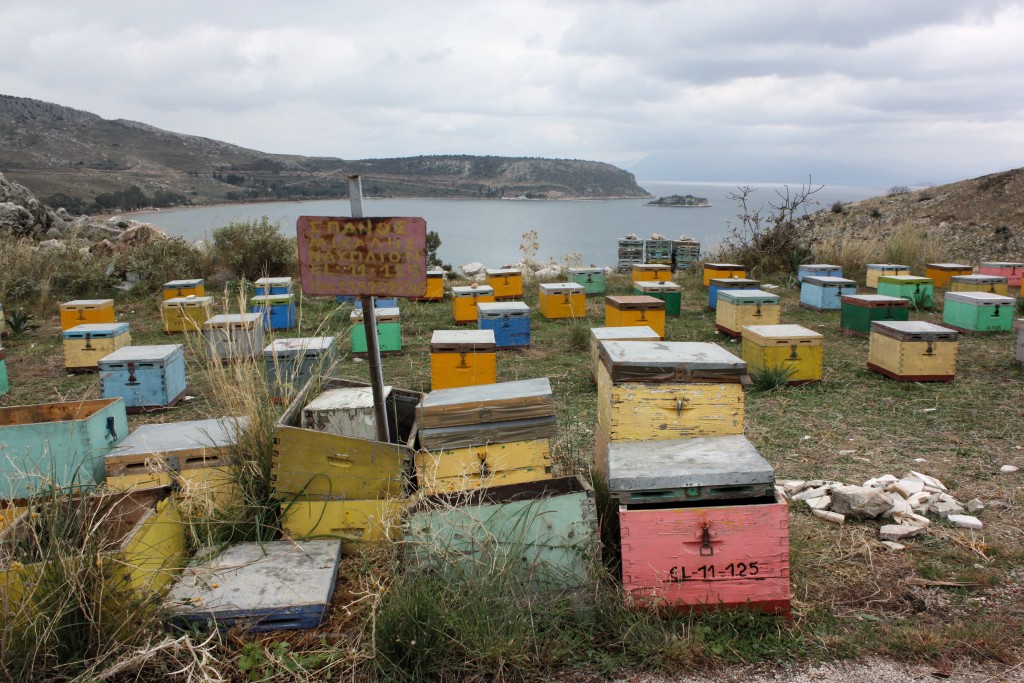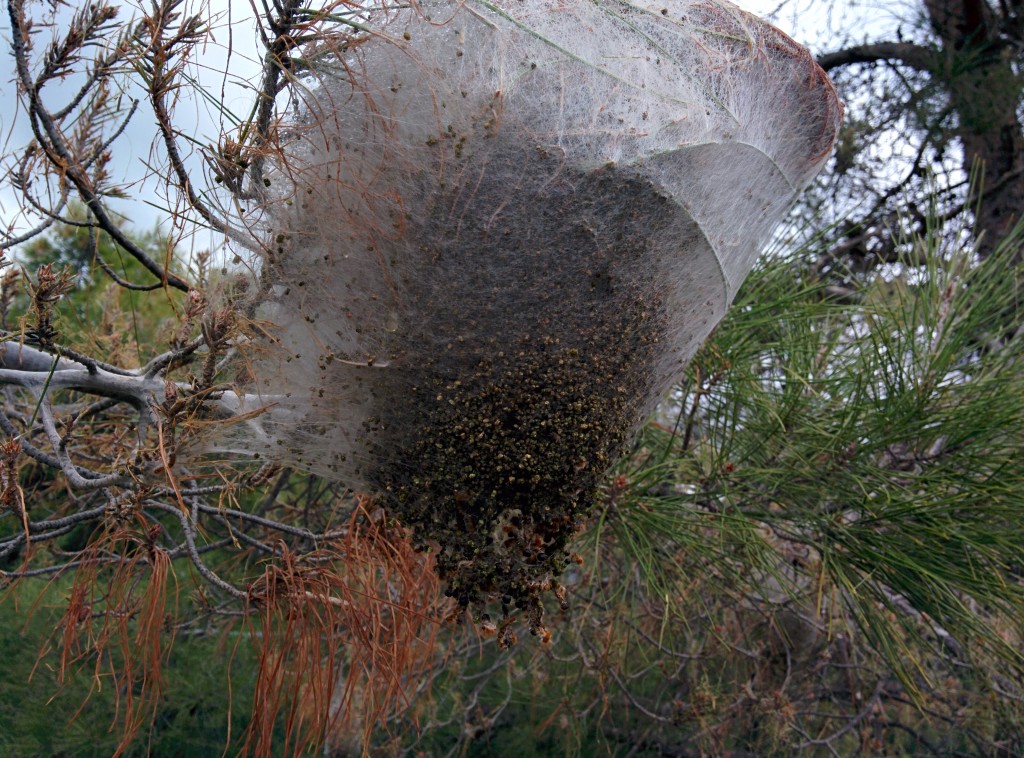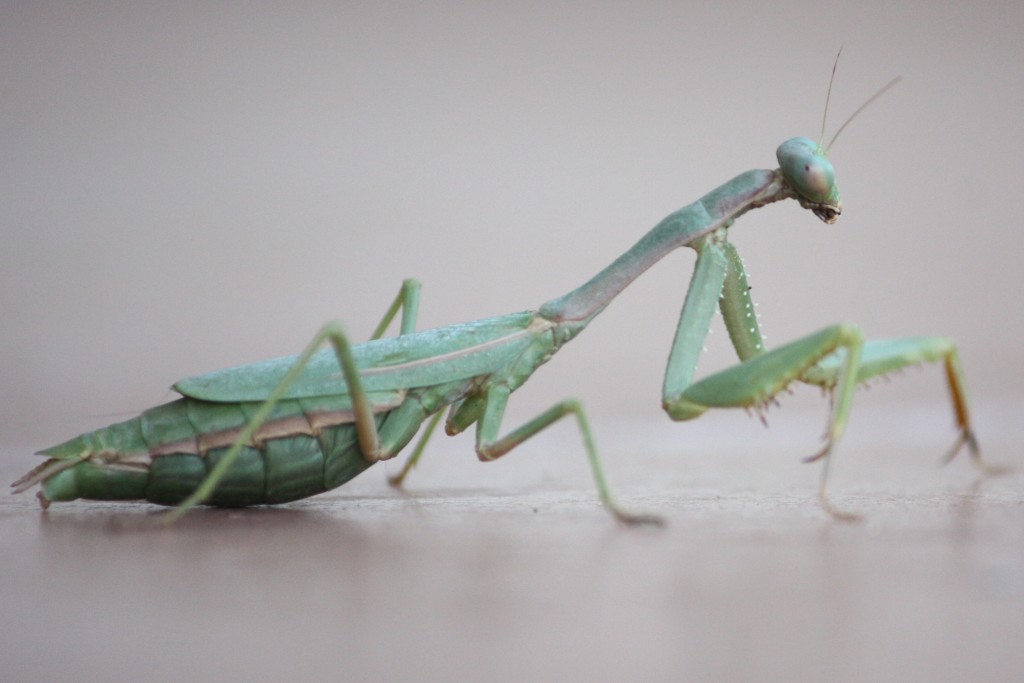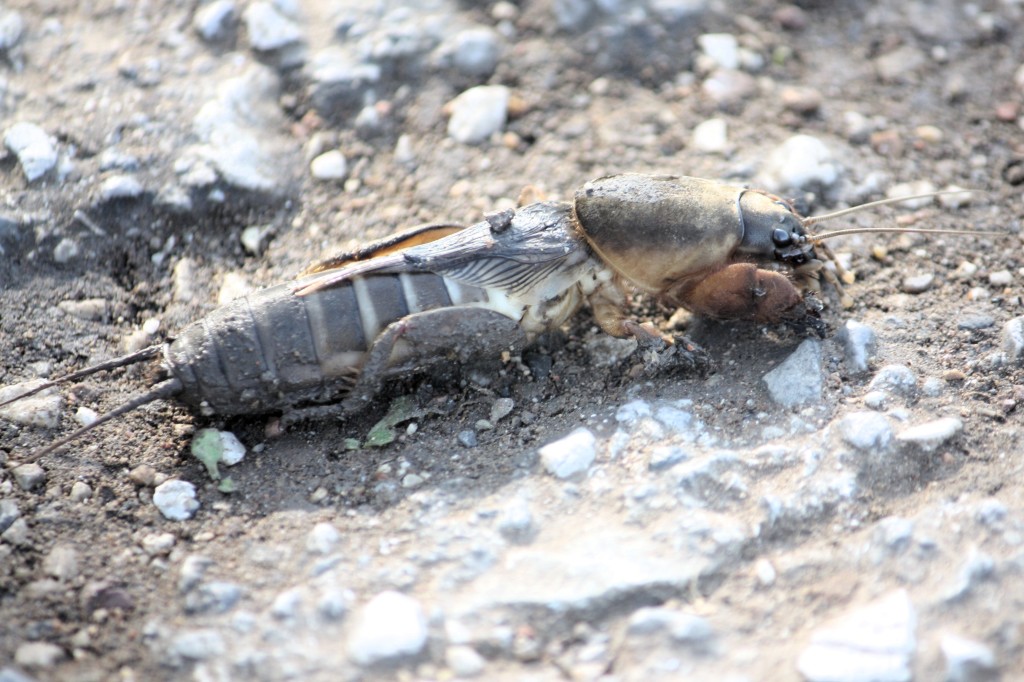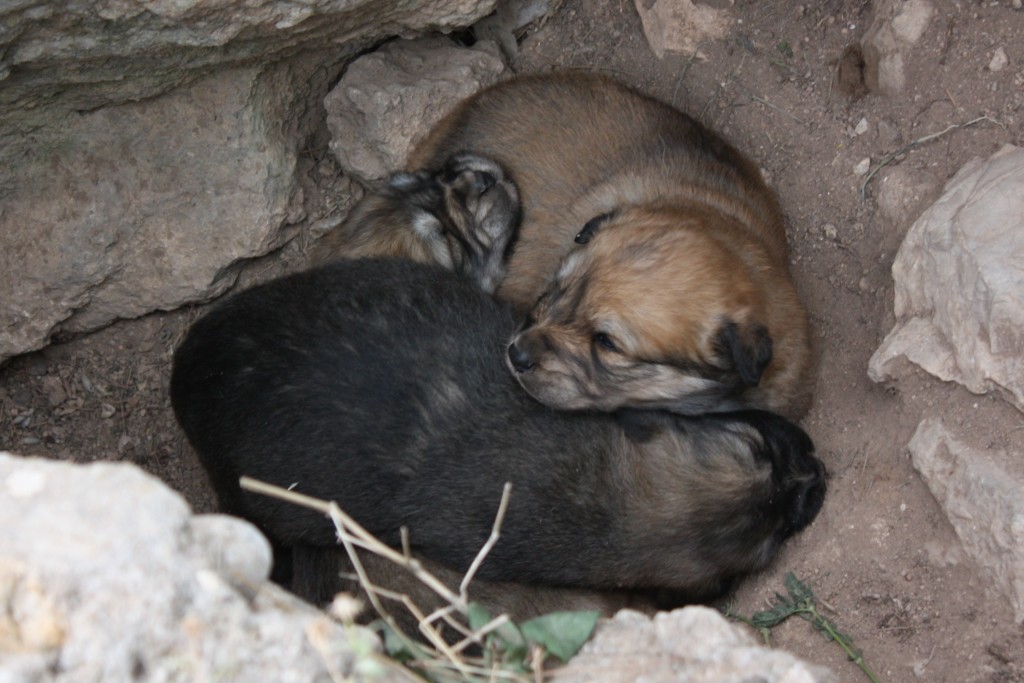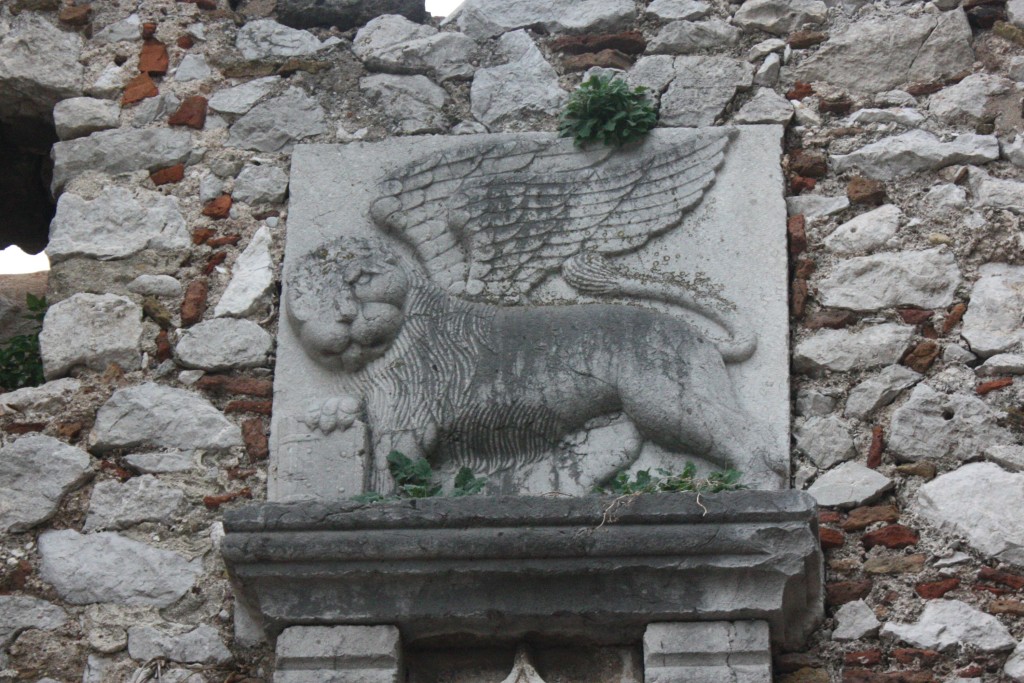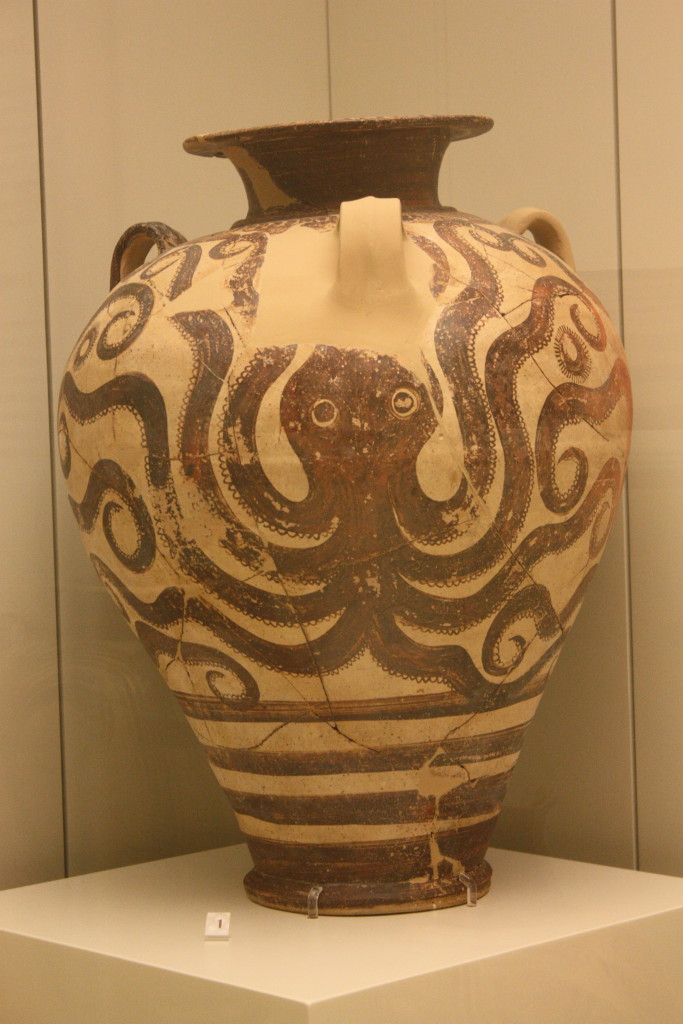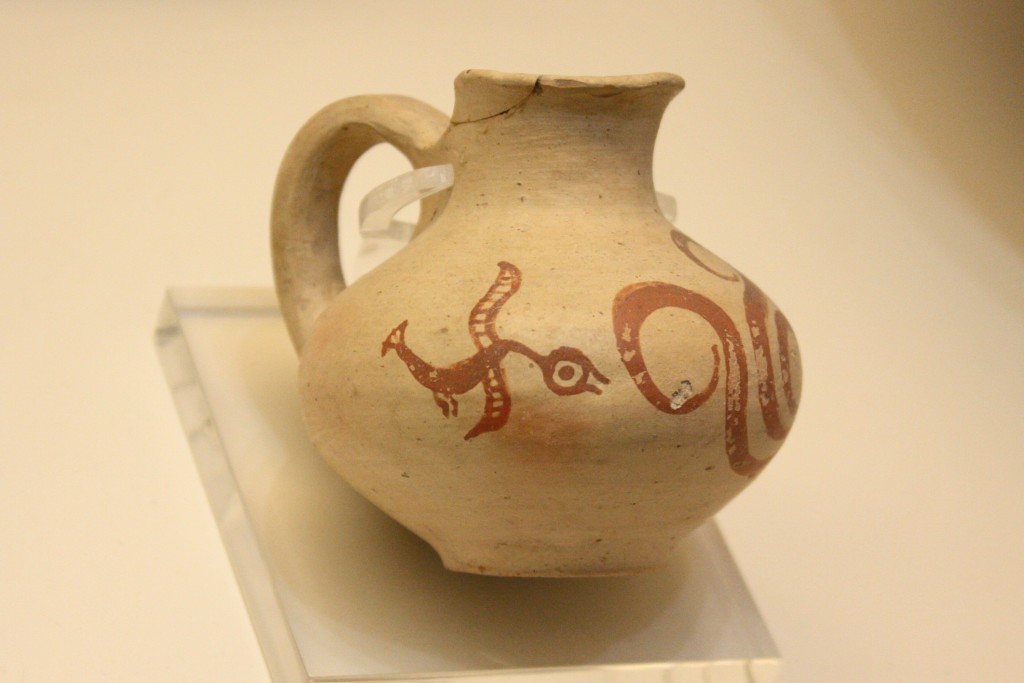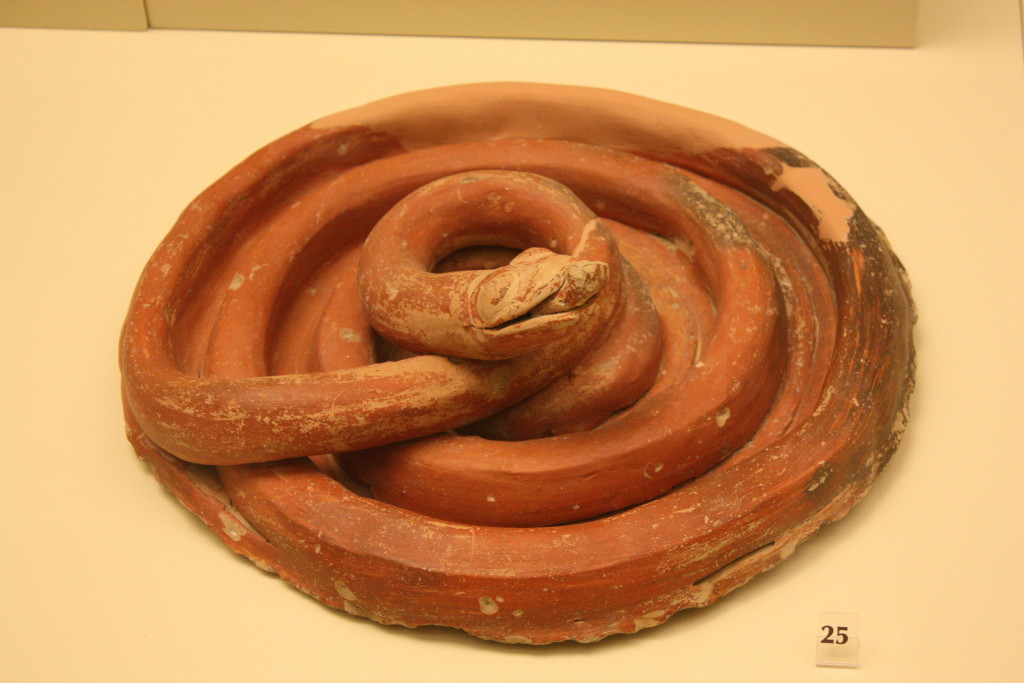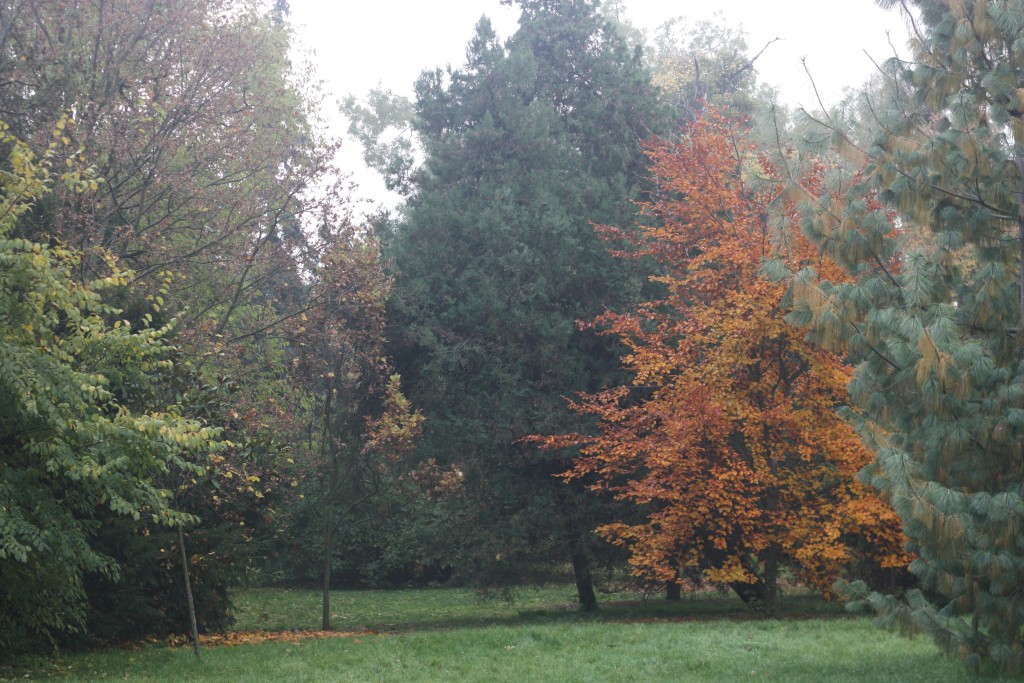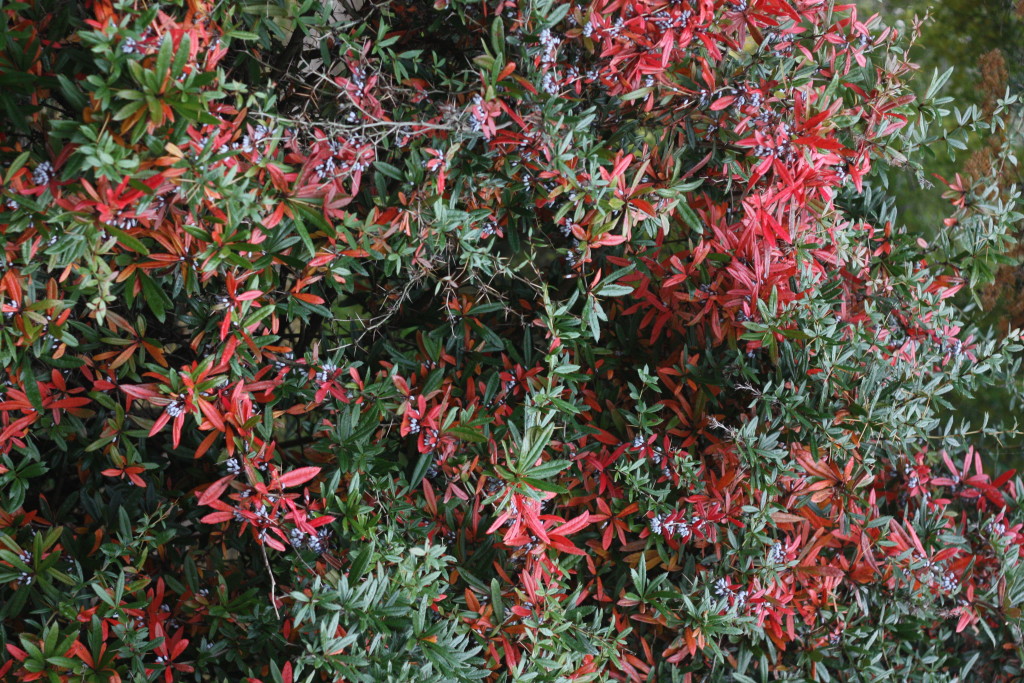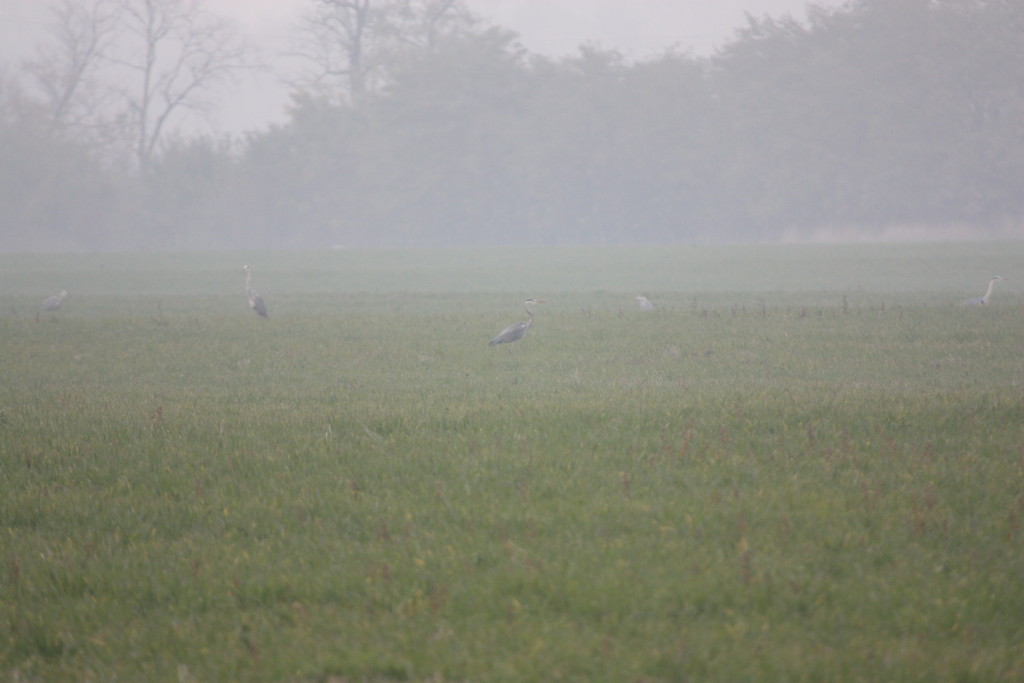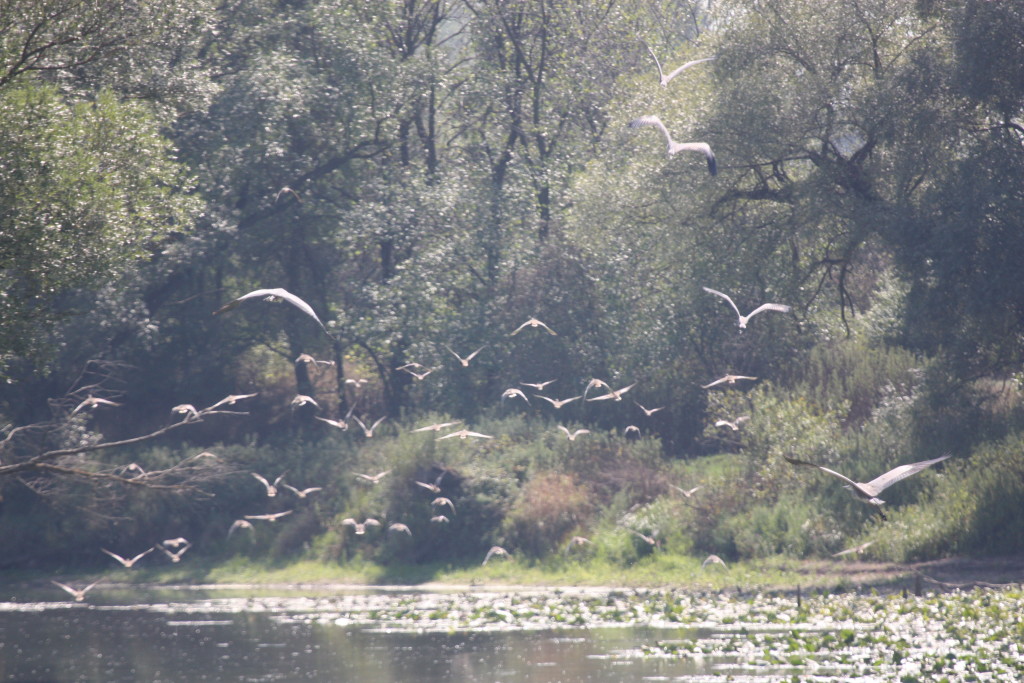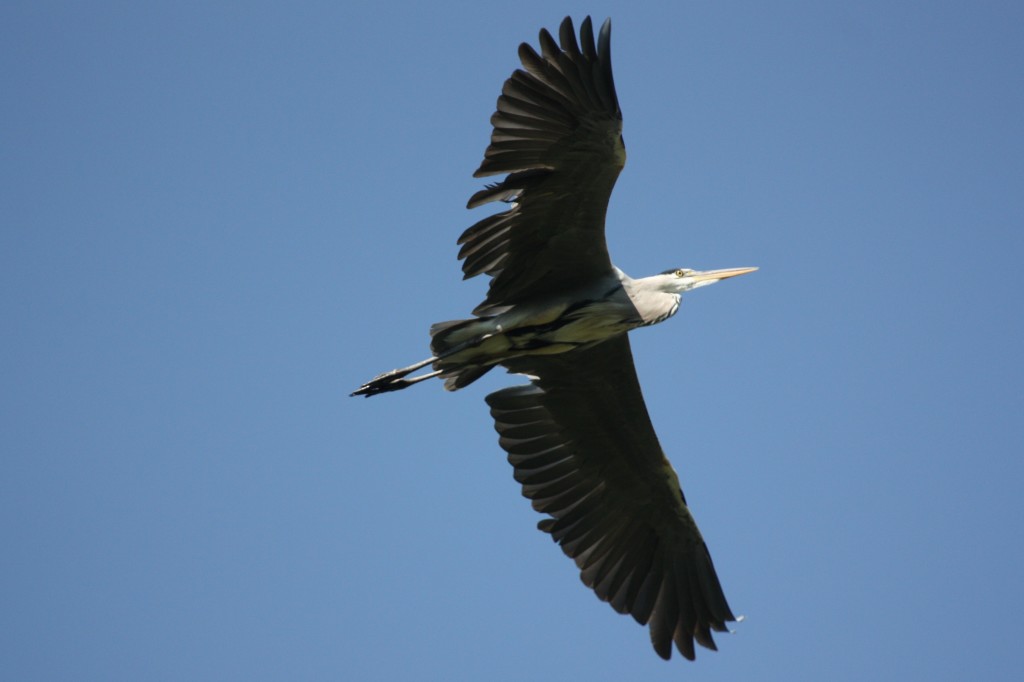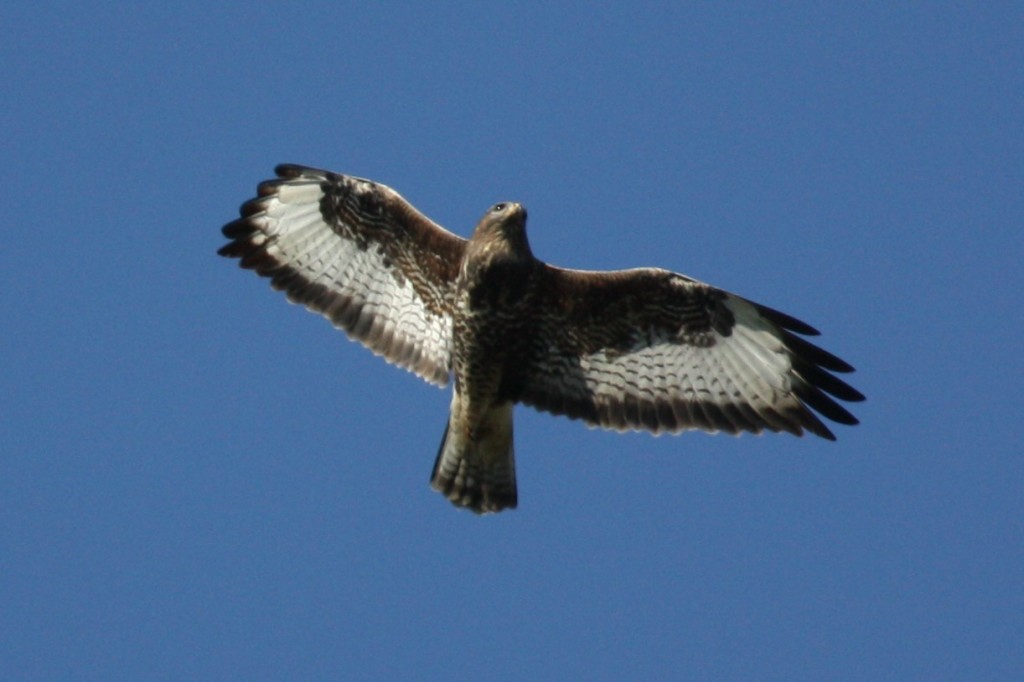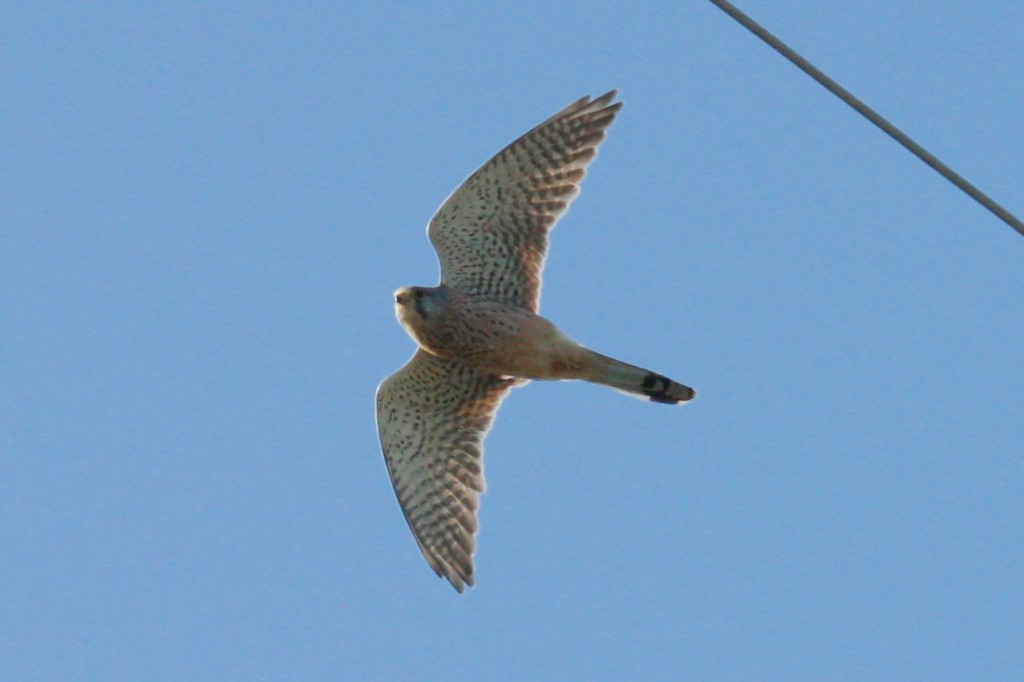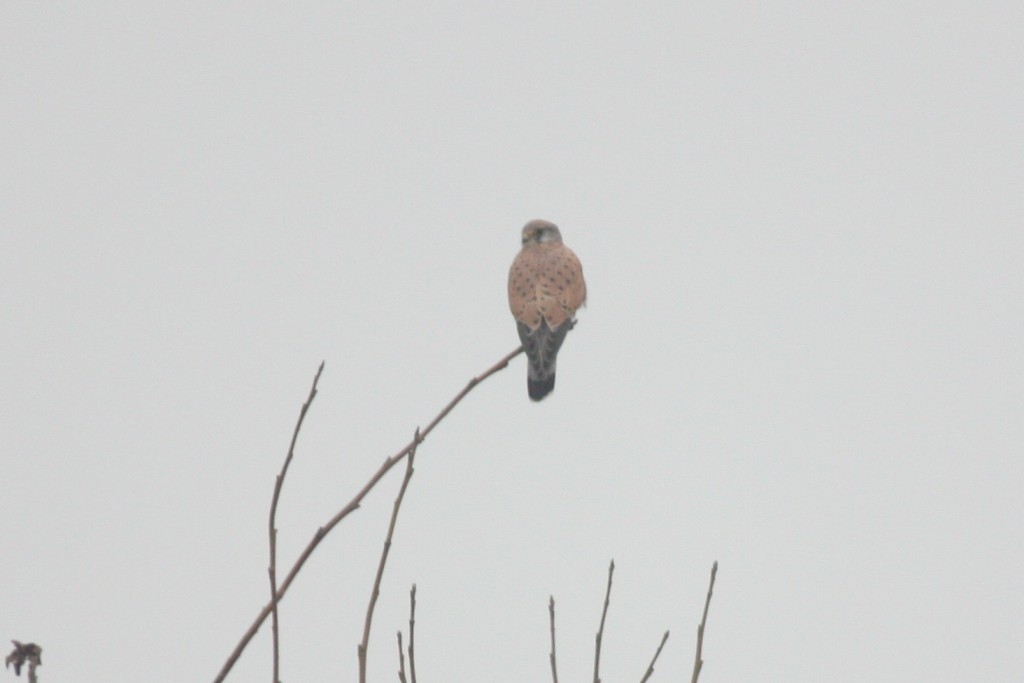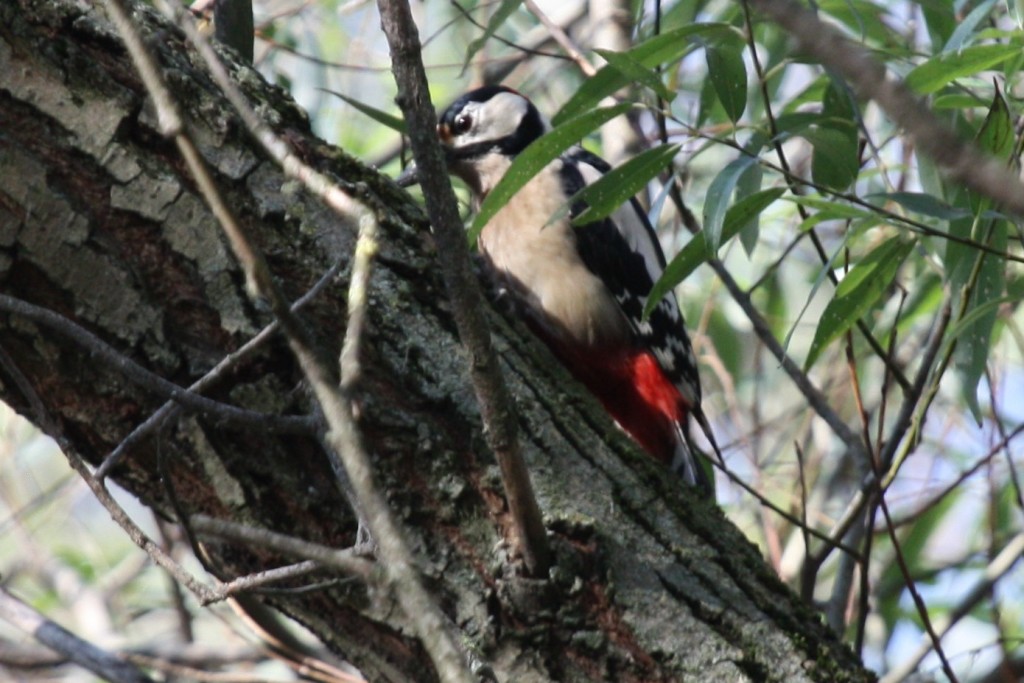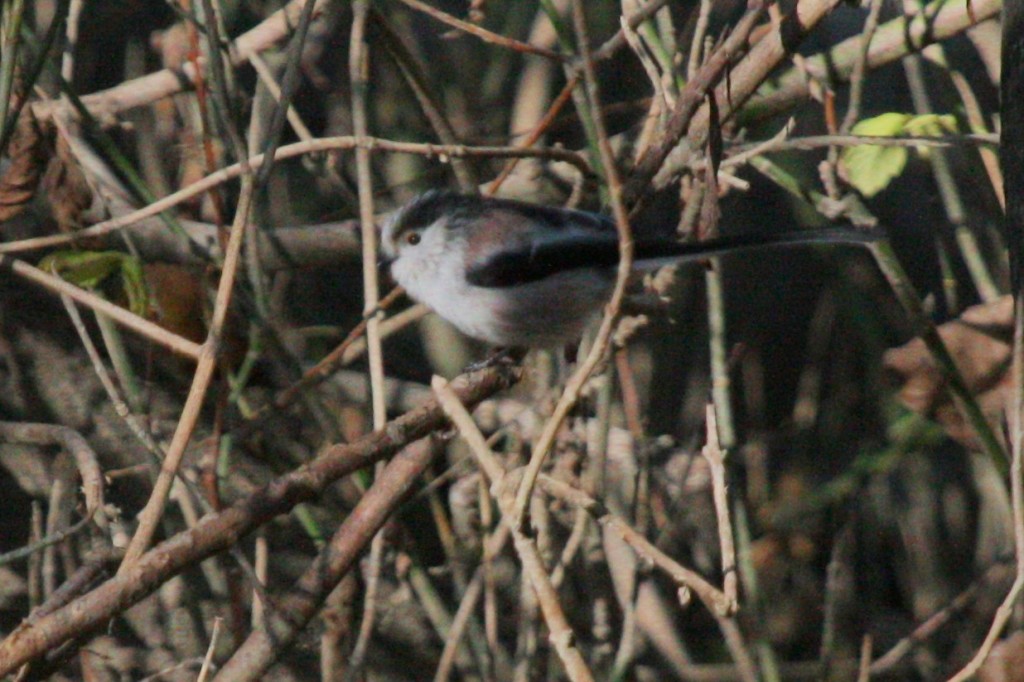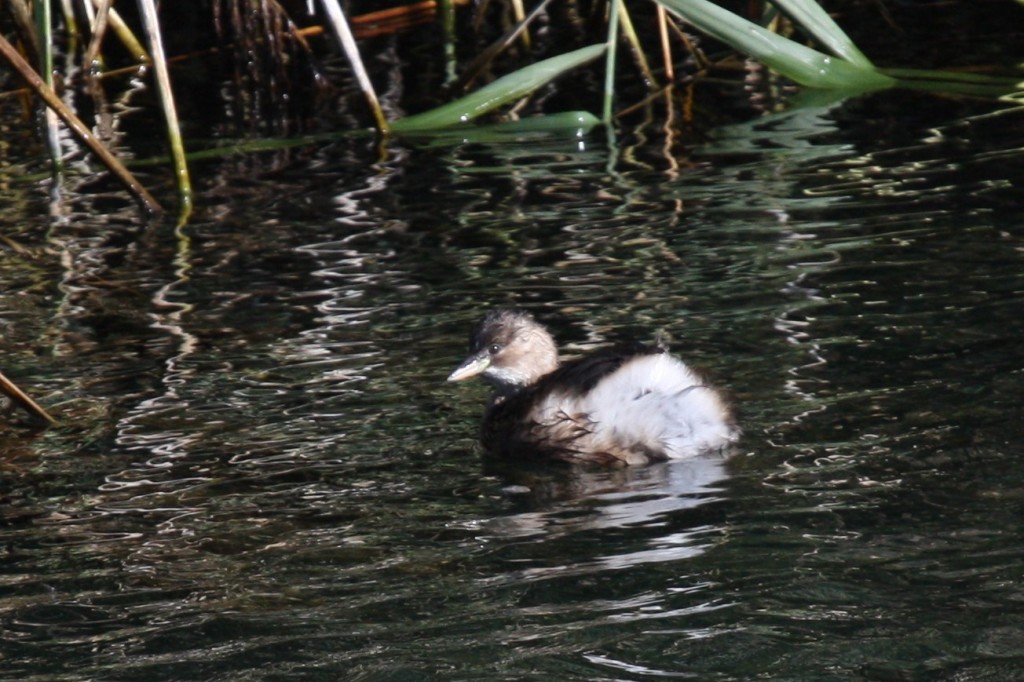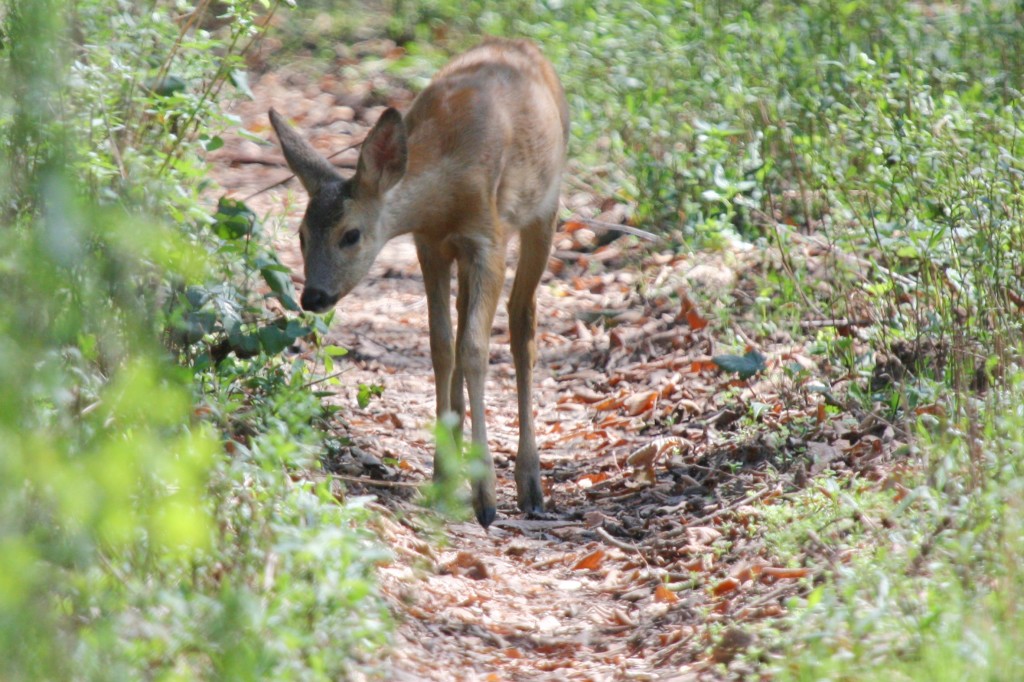Two recent completed books at Project Gutenberg: the first was “Maternity”, a collection of letters by working class women, published in 1915. The writers were officials of the Women’s Co-operative Guild, so typically rather better off than the average manual workers, but still had experiences like this:
When I look back to that first three years of my married life, I wonder how I lived through it. I was weak and ill, could not suckle my second baby. And then a third baby coming along made my life a continual drudgery, and to crown my misfortune my husband fell out of work, and I had to do shirt work at home in order to keep a roof over our heads. My third baby was very tiny and thin when born. I put this down to the worry and the shortness of food which I had to put up with, and though he lived till he was three years old and died from diphtheria. It was a happy release to me, as he was an epileptic, and I thanked God, much as I loved him, that he was taken from this life, where even sound people have a difficulty to exist.
I do not think I was very different in my pregnancies to others. I always prepared myself to die, and I think this awful depression is common to most at this time. And when bothered by several other children, and not knowing how to make ends meet, death in some cases would be welcome if it were not the dread of the children. “How would they get on without their mother?”
After the first three living children, I had three still-born children. I was six months advanced when I fell downstairs over a stair-rod, which killed the child, which was born after forty-eight hours’ labour, and perhaps it seems wicked to you, but I was glad, because it left my hands free for a time to look after the other two, for I was fearfully weak and ill. After a lapse of two years I had another seven-months baby born dead, and again, after another two years, a five-months still-born child, all three still-born children being boys. I had a miscarriage after this of two months, and when I was thirty-five years old had my last baby, who is now living, nine years old.
Others were clearly formidable characters:
I made up my mind to go into training before bringing children into the world, in order not to have to pass out at the same time, and leave them to the tender mercies of others. Accordingly, I adopted a vigorous system in order to harden the body, and soften the hip and abdomen muscles, etc. This consisted of cold sponge baths, followed by certain exercises while lying flat on a mattress. Then a rubbing of the body in sweet oil. The whole was done in ten or fifteen minutes every morning. Vegetarian diet was strictly adhered to, as this produces a cleaner, healthier child. My nurse, who laughed at all my “fads,” remarked on the fact that the child had not the grease, etc., on it at birth which most babies have. A month before the time of birth, I left off all bone-making food such as bread, so that the birth should be easier, through the absence of very hard bones in the child. As I did not do my own housework, for exercise I walked twelve miles every day in rain, snow, etc. The baby was born in January, and the day before I took a ten-mile walk, had my cold bath, etc., and that day fortnight was out walking again, testifying plainly to the fact that a little care and attention and knowledge will work wonders, and the birth was a perfectly natural one.
Women should be taught to give up corsets, which, besides all the other evils laid to their charge, damage the nipples. I nursed both my children, and my doctor remarked on the splendid nipples I had for the purpose. This was due to the absence of corsets, and to washing them every morning in cold water, and then rubbing the breasts with oil. I have seen women with scarcely any nipples trying to feed babies, and have pitied both.
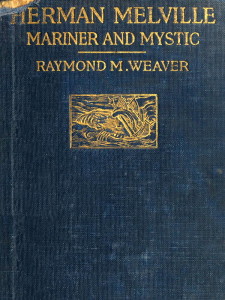
A complete change of subject brings us to “Herman Melville: Mariner and Mystic”, a biography by Raymond M. Weaver which was published in 1921, and contributed substantially to the revival of interest in the author around that time.
Weaver uses the books as biographical material rather than engaging in much literary criticism; in the selections, Melville emerges as eminently quotable:
Freedom is more social than political.
it is a curious fact, that the more ignorant and degraded men are, the more contemptuously they look upon those whom they deem their inferiors.
Let me hear the clatter of hailstones on icebergs.
Deep, deep, and still deep and deeper must we go, if we would find out the heart of a man; descending into which is as descending a spiral stair in a shaft, without any end, and where that endlessness is only concealed by the spiralness of the stair, and the blackness of the shaft.
All profound things, and emotions of things, are preceded and attended by silence.
For my part I love sleepy fellows, and the more ignorant the better. Damn your wide-awake and knowing chaps. As for sleepiness, it is one of the noblest qualities of humanity.
Weaver is happy to join him:
We live by prejudices, not by syllogisms.
high faith and low intelligence is a dangerous if not uncommon mating of qualities.
As well as an eye for a quote, Weaver has an ironic style which makes this book still enjoyable to read:
In 1859 Mrs. Melville wrote to her mother “Herman has taken to writing poetry. You need not tell any one, for you know how such things get around.” Mrs. Melville was too optimistic: her husband’s indiscreet practice is still pretty much a secret to the world at large.
To sweeten his blood, he sallied forth, with Adler, early on the morrow, “to see the last end of the Mannings. An innumerable crowd in all the streets. Police by hundreds. Men and women fainting. The man and wife were hung side by side–still unreconciled to each other–what a change from the time they stood up to be married together! The mob was brutish. All in all, a most wonderful, horrible, and unspeakable scene.–Breakfasted about 11 A. M. and went to the Zoological Gardens, Regent’s Park. Very pretty. Fine giraffes. Dreary and rainy day.”

